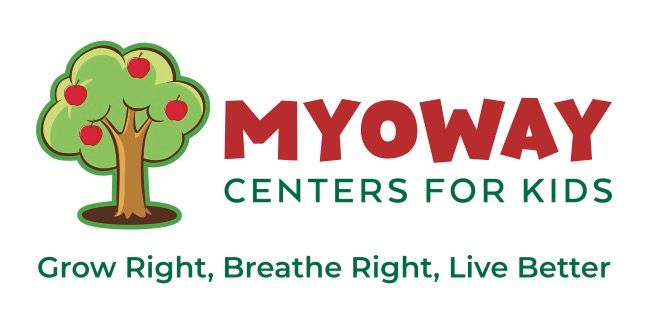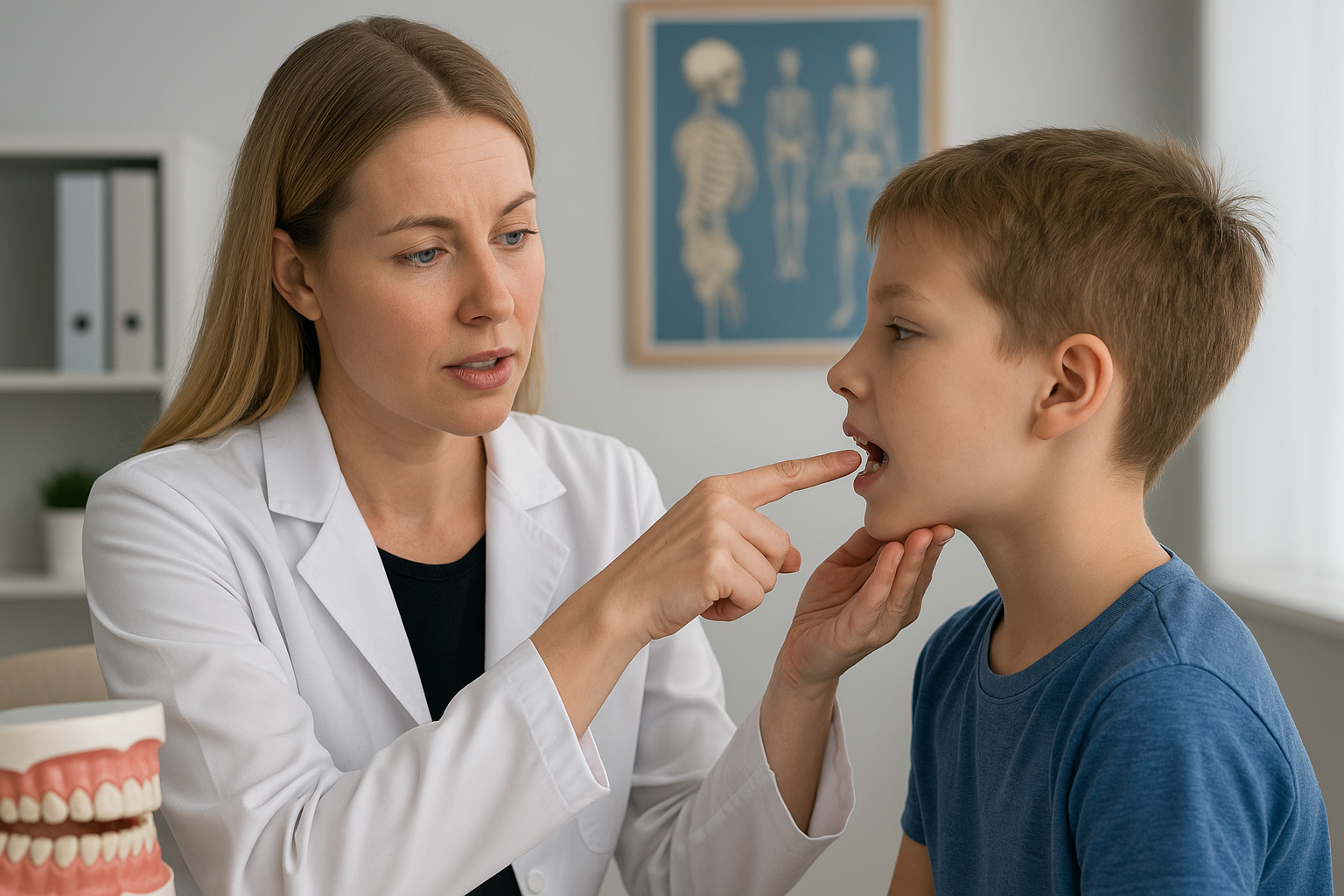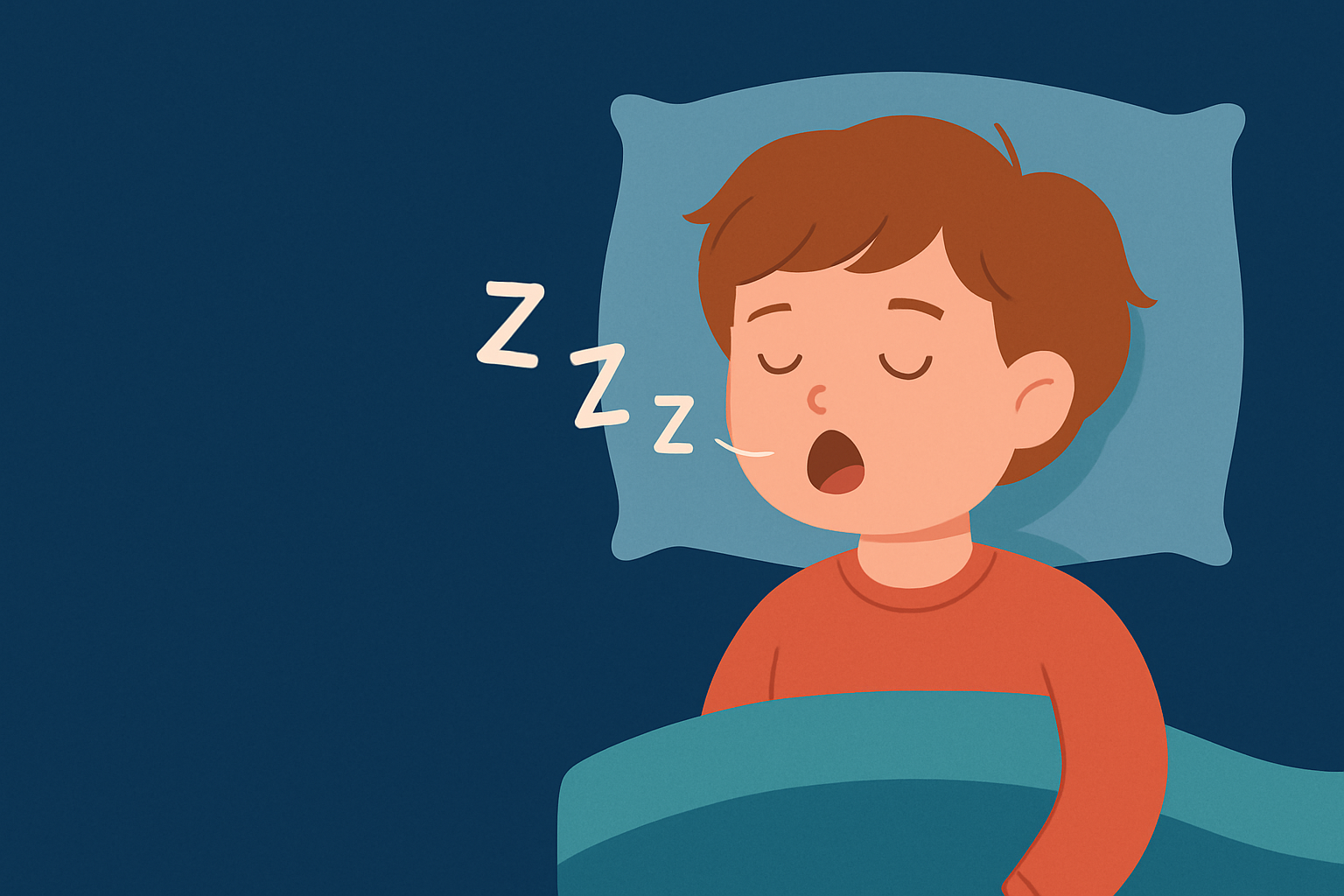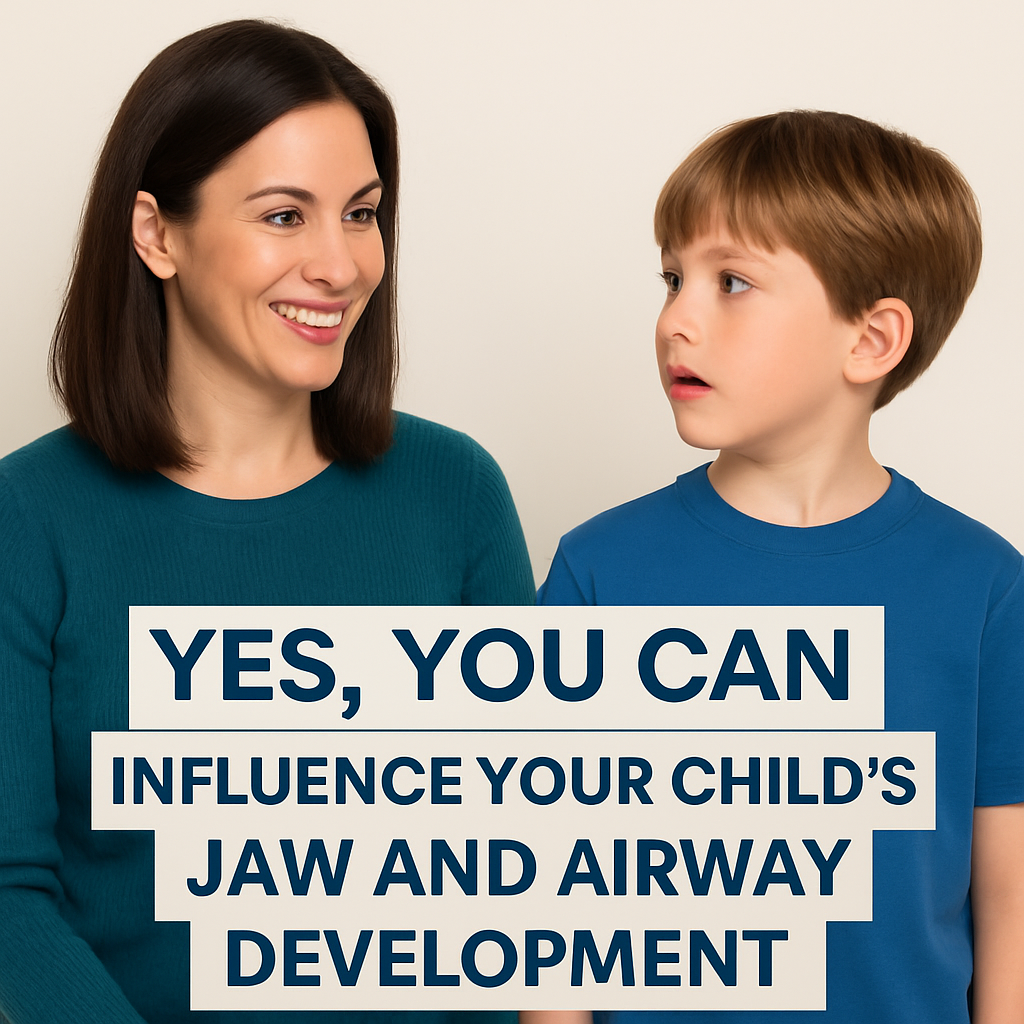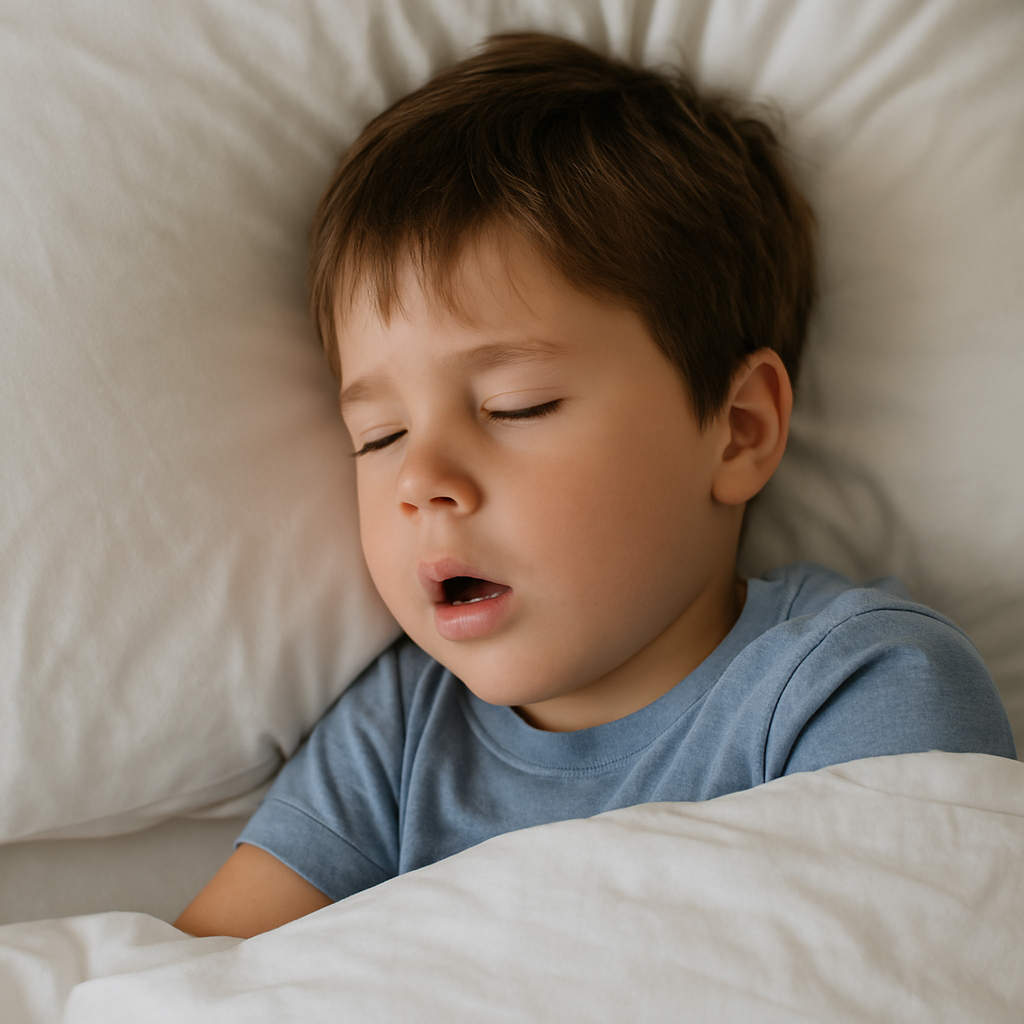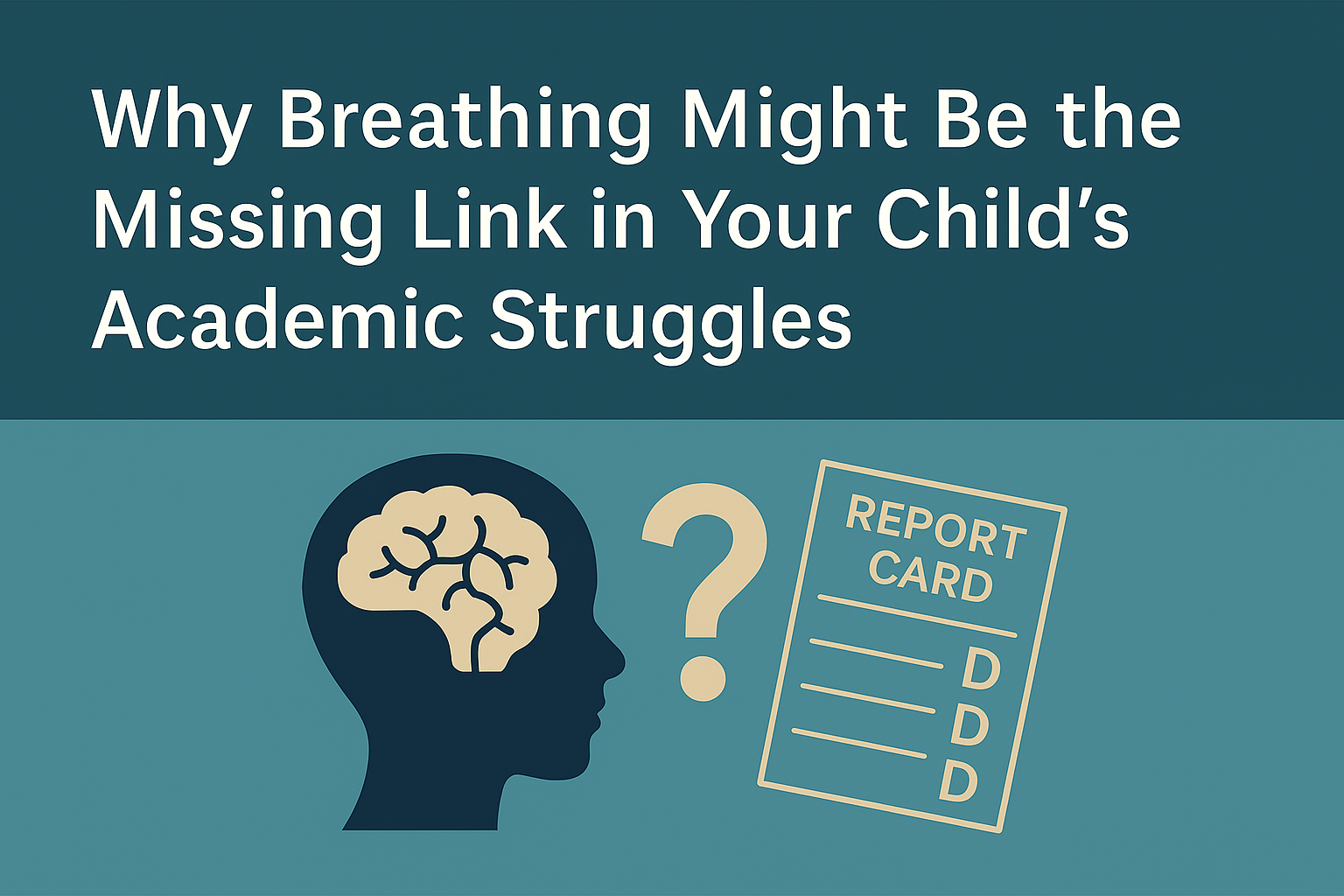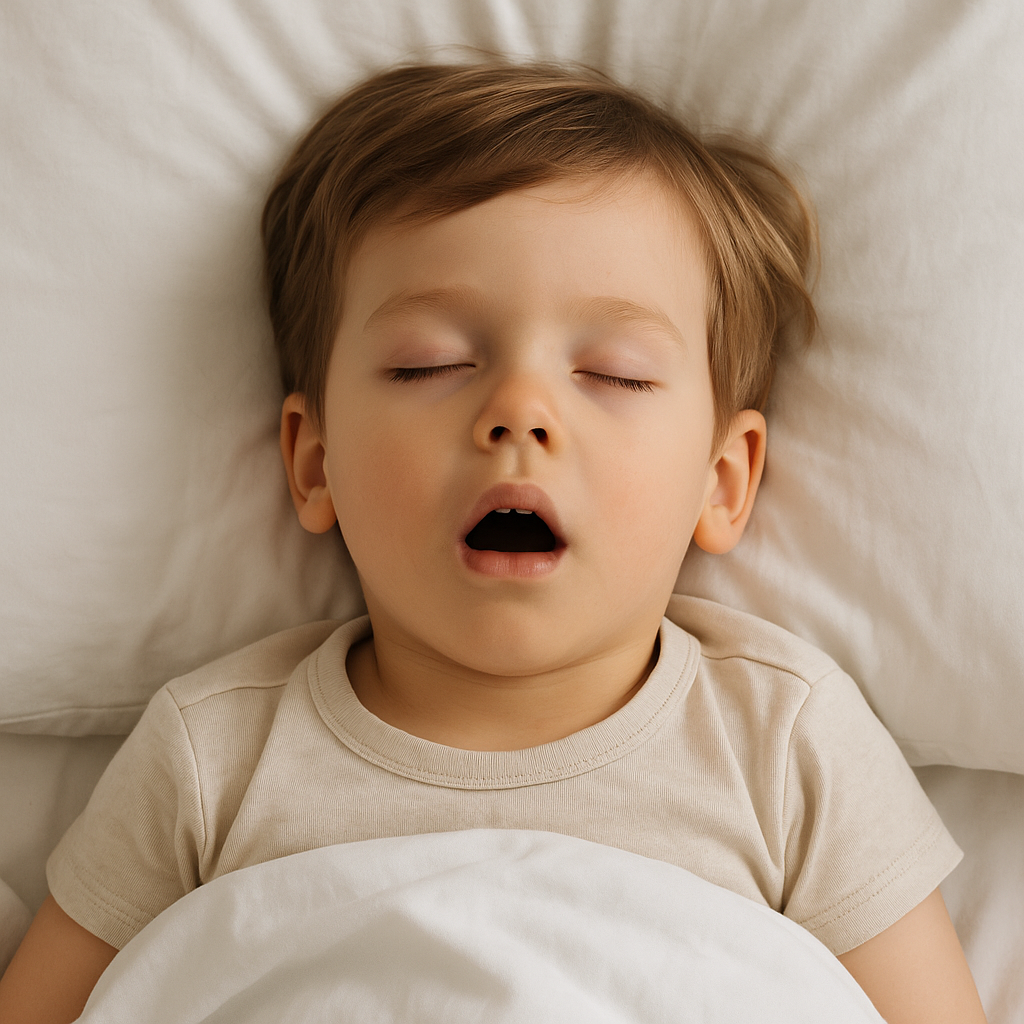Mouth Breathing Warning from the 1800s Still Matters Today
A Warning from the 1800s: “Shut Your Mouth and Save Your Life”
Back in the 1800s, artist and explorer George Catlin noticed something unusual.
While living among Indigenous tribes in North and South America, he observed that they all breathed through their noses—even while sleeping. Their health, strength, and facial development impressed him. In contrast, Europeans, who often breathed through their mouths, showed more signs of illness and poor facial growth.
So Catlin wrote a book with a powerful message "Shut Your Mouth and Save Your Life."
Why Was He So Concerned About Mouth Breathing?
Catlin wasn’t a doctor, but he was ahead of his time.
He believed that mouth breathing was linked to:
- The spread of disease
- Poor dental health
- Sleep problems
- Weakened physical development
And guess what? Modern science now confirms what Catlin observed over 150 years ago.
The Science Today: Why Nasal Breathing Is So Important
When kids breathe through their noses, they:
- Filter and clean the air before it hits the lungs
- Get more oxygen into their body and brain
- Sleep more soundly
- Grow healthier jaws and airways
When kids mouth-breathe, especially at night, it can lead to:
- Snoring or sleep apnea
- Behavior issues or ADHD-like symptoms
- Crowded teeth or narrow palates
- Poor posture or facial development
Early Intervention Is Key
At MyoWay Center for Kids, we help families take action early.
Using medical-grade appliances and the world’s first myofunctional exerciser appliance, we guide kids toward:
- Better breathing habits
- Stronger jaw and airway growth
- Healthier sleep and focus
The earlier we start, the easier it is to guide proper development—and help prevent lifelong health challenges.
What You Can Do as a Parent
If your child is:
- Snoring at night
- Always tired or restless
- Breathing through their mouth
- Struggling with focus or behavior
It’s time to take a closer look. These may be signs of an underdeveloped airway.
Let’s Change the Future—One Breath at a Time
George Catlin saw the dangers of mouth breathing over a century ago. Today, we have the science, tools, and therapies to do something about it.
Your child’s breathing habits shape their growth, sleep, and future health.

